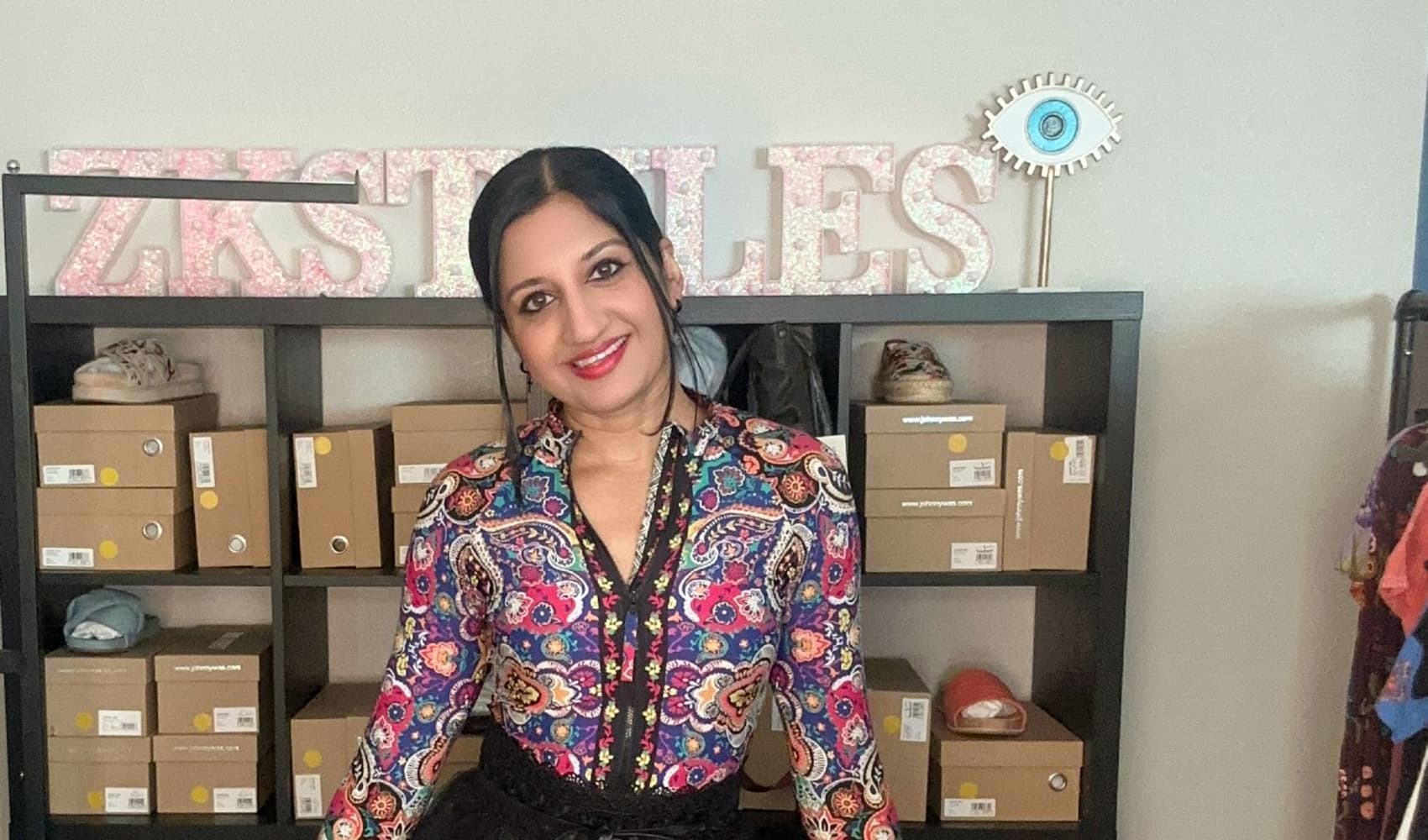
Most people, at some point in their lives, feel like they aren't talented or prepared enough to achieve their goals.
That lack of confidence isn't a fatal flaw, according to Brett Schulman, CEO of Mediterranean restaurant chain Cava — which has a market cap of $9.94 billion, as of Tuesday afternoon. Rather, self-doubt can be exactly what you need to become highly successful, he recently told Wondery's "How I Built This with Guy Raz" podcast.
"I think we all have a little bit of imposter syndrome — which isn't the worst thing in the world, because it doesn't allow you to get overconfident and think that you're invincible," Schulman said.
Up to 82% of people struggle with feeling like a fraud at some point in their lives, according to a 2020 study funded by Crossover Health. For some, the anxiety can keep them from making their case for a promotion or volunteering to take on a big project at work.
For other people, it's motivation: If I'm not good enough, I just need to learn more, or work harder at self-improvement.
"The more successful someone is, the more self-doubt they have, because that's what drives them," real estate mogul Barbara Corcoran said at Fiverr's Bridge the Gap webinar last year. "I've never met a secure person who was a stellar star."
Corcoran, a judge on ABC's "Shark Tank," specifically looks for imposter syndrome when investing in startups and entrepreneurs, she said.
Money Report
"I look for a [competitor] who's mostly insecure, because I know I've got myself a winner," Corcoran said. "They have the ambition. They're going to work twice as hard, which, I think, is the great upside to feeling like you're an impostor."
What to do during 'moments of doubt'
Get a weekly recap of the latest San Francisco Bay Area housing news. Sign up for NBC Bay Area’s Housing Deconstructed newsletter.
For Schulman, putting himself in the shoes of someone with self-doubt isn't difficult. He's among those 82%, and whenever he feels bouts of imposter syndrome creeping in, he leans on his network of colleagues and leaders to guide him, he said.
His advice: Reach out to your network whenever you feel incapable.
"Don't be shy about cold reaching out to business leaders that you may admire or respect," said Schulman. "What I found throughout the journey, if I had moments of doubt or that the business might have seemed overwhelming ... having folks around you as sounding boards that you can lean on ... can help validate your thinking."
If you don't have a ready-made network, create one. Lisa Skeete Tatum, founder and CEO of career consulting platform Landit, recommends assembling a "personal board of directors" — a mentor, a sponsor, a close friend, a "point expert" with deep expertise in your field and a "connecter" who'll always pick up the phone on your behalf.
Some of these relationships, like a close friend or mentor, may form naturally. You can use online networking platforms like LinkedIn, or attend conferences and events related to your field, to cultivate the rest, Tatum told CNBC Make It in 2022.
"If you want to progress, you have to surround yourself with people that have higher expectations of you than you have of yourself," she said. "Learn to codify your network and make sure everyone has a role."
Disclosure: CNBC owns the exclusive off-network cable rights to "Shark Tank."
Want to stop worrying about money? Sign up for CNBC's new online course Achieve Financial Wellness: Be Happier, Wealthier & More Financially Secure. We'll teach you the psychology of money, how to manage your stress and create healthy habits, and simple ways to boost your savings, get out of debt and invest for the future. Start today and use code EARLYBIRD for an introductory discount of 30% off through September 2, 2024.






